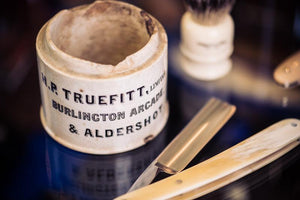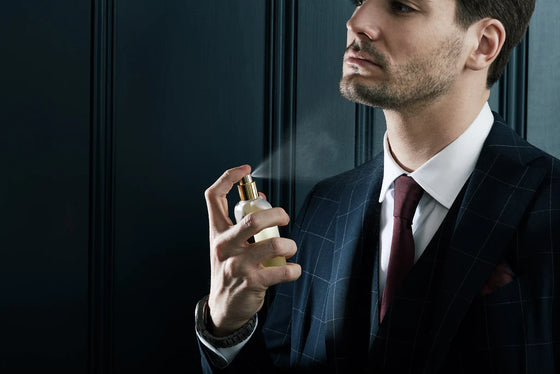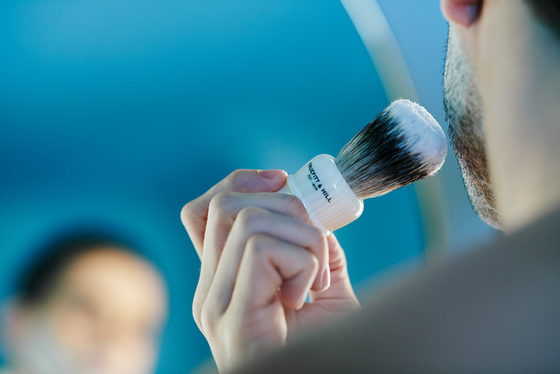Shaving is an essential and fundamental part of every gentleman’s grooming routine. There’s so much more to this rite of passage than putting a razor to your face; other factors need to be considered as shaving also plays an important role in maintaining healthy-looking skin. While you may have developed your own regime, the daily repetition in the early morning often yields bad habits that are not without consequences. Irritation, bloodshed and razor burn are perils are easily avoided with the right preparation and technique.
For those who prefer a clean shave, we’ve come up with seven easy steps to perfect this art - including expert advice from our own master barbers - ensuring you get a flawless shave every time.
Step one: Preparation is key
Whether you’re a morning groomer or an evening preener, make sure you give yourself plenty of time to do the job properly - treat your face with the respect it deserves. As our Master Barber Gino Rusu states "preparation is the key to a great shave".
Start preparing the skin with either hot water or a shower before you shave. The warm water will not only soften your stubble, making it easier for your razor to cut through your hair, but it also opens up your pores. It will enable your razor to encounter less resistance as it glides across your skin. It’s a simple step, but one that can have a big impact.
Step two: Pre-shave & lather up
The next step is applying your Truefitt and Hill shaving products. We recommend starting by applying our Ultimate Comfort Pre-Shave Oil generously on the pre-heated skin. That helps to lubricate the glide of the blade so you don't over-exfoliate your skin, helping to reduce razor burn and irritation.
Next, prepare a genuine badger brush, by pre-heating it under hot, running water. One of our most popular shaving brushes is our Wellington Shaving Brush - handmade in the UK from the finest quality hair, this shaving essential is perfect for achieving the optimum shave.
Next, apply a few dabs of shaving cream to your skin. Using the badger brush, work the cream into the face in a circular motion to produce a rich, moisturising lather. We suggest one of our signature glycerin-based shaving creams, for example our Trafalgar Shaving Cream, or for sensitive skin, our Utlimate Comfort Shaving Cream, which is unscented.
If you'd like a more traditional approach, apply the brush to one of our shaving soaps to create the lather - for example our Sandalwood Shaving Soap. Whether you use a soap or a cream, they have the same objective, they hold the hair in an upright position, enabling the blade to catch the base of the hair for a closer shave.
Step three: Choosing the right razor
When choosing your razor take into consideration what type of skin you have, and how much time you have to shave in the morning. For a fast and efficient shave, we would recommend multi-blade razors, such as the Gillette Mach III or Fusion. These types of razors come with an Aloe Vera strip, to help lubricate the glide of the blade, so you do not over exfoliate the skin. They also pivot to follow the contour of the face. This makes for great speed and efficiency, with less irritation to the skin. This all comes at a price, when you compare the cost of cartridges in comparison to the blades of a double-edge razor.
Most of the barbers at Truefitt & Hill prefer to use a Double-Edge Razor, as it gives a closer shave, although you will need to invest a little bit more time in your shave. Our Master Barber, Michael Symeon says "A shave should not be a chore, it should be a ceremony." Spending more time leads to a better experience and result. As the blades for a double-edge razor are more reasonably priced, you can change the blades more frequently, which is better for your skin because there will be less dead skin cells and bacteria build up on your blade, which again helps to prevent irritation.
Whatever your choice, always make sure you have fresh, sharp blades to hand - the sharper the razor, the less drag on the skin and hair bristles. It’s very important not to apply too much pressure when shaving as this creates the same kind of damage to your skin that shaving against the grain does.
For best results, use gentle strokes and let the weight of the razor guide you into how much pressure should be applied to the skin. Therefore, when making your purchase, a heavier razor will reduce the amount of work that you have to do. Also, don’t forget to rinse the blades regularly to prevent clogging up your razor. Always use hot running water for this, especially if you’re using a shaving oil as it’s better at dissolving any residue. Looking after your equipment is paramount and can also improve the quality of your shave. Blunt blades are one of the biggest causes of razor burn, so always make sure yours are in perfect condition.
Step four: Which direction to take?
It’s important to use a good mirror and lighting to help you shave carefully and with precision, and to start your wet shave with your face muscles relaxed. Now that your skin is ready, and you have the right equipment, you’re ready to go. If your neck hair grows in an upward direction, start from the bottom up, but only go to the point where the direction of the hair changes. Then, working from one sideburn across the face to the other, work your razor in a downward motion, again being careful not to cross the point where the hair direction changes on your neck. You should always stretch the skin with your hands wherever possible, trying not to contort your face. This keeps the skin flatter and reduces the chance of you cutting yourself. If you neck hair grows downward, just start from the top, working downwards and across your face.
We can’t stress enough the importance of shaving in direction with the grain. It might be tempting to shave against the grain in the hope that you achieve a closer shave, but in reality you just risk creating ingrowing hairs, razor burn, and irritation. As Master Barber Michael Symeon points out "it's not how close you get the shave, its how well you look after your skin, because if you look after your skin, your skin will look after everything else."
Step five: Neck and chin
The neck can be a particularly troublesome area in shaving. Men can sometimes get confused in which direction the stubble grows around this area. The hair here can on occasion grow in a circular pattern. Understanding how the hair grows on the neck is the first step in overcoming shaving problems - knowledge is key. Again you will need to stretch or flatten the skin to get a close shave. One way to flatten the skin on the neck is to tilt your head up slightly and when working your way down on the chin, push the chin out slightly.
Step six: Stiff upper lip
Another sensitive area, the upper lip, requires a careful and precise hand. To shave this section, use light, gentle strokes going downwards towards the outer area of your lips. Once this is done, rinse your face off with cold water to remove any remaining soap, as this could dry your skin out and cause breakouts if not removed. It's also important to use cold water, and this will close the pores. Pat with a clean, dry towel.
Step seven: Moisturise and soothe
The last step of this shaving regime should be a good quality post-shave balm. This will help restore the natural moisture levels in your skin and help reduce any irritation. We recommend our Classic Aftershave Balm with soothing Lanolin and Aloe Vera extract - its original recipe dates back almost 200 years. Alternatively, try our Ultimate Comfort Aftershave Balm if you have more sensitive skin. If you use an aftershave or cologne, apply onto the pulse points (behind your ear and base of the neck) to avoid drying out or irritating the skin in the shaved areas. We recommend trying our newest Apsley Cologne, with Sandalwood, Cedarwood, Grapefruit, Vertivert, and Pepper on a Musk base.
Spending a little more time and effort on your shaving routine can really keep you looking younger longer. Using these steps will up your grooming game and help you master this process to achieve a closer shave, without irritation.

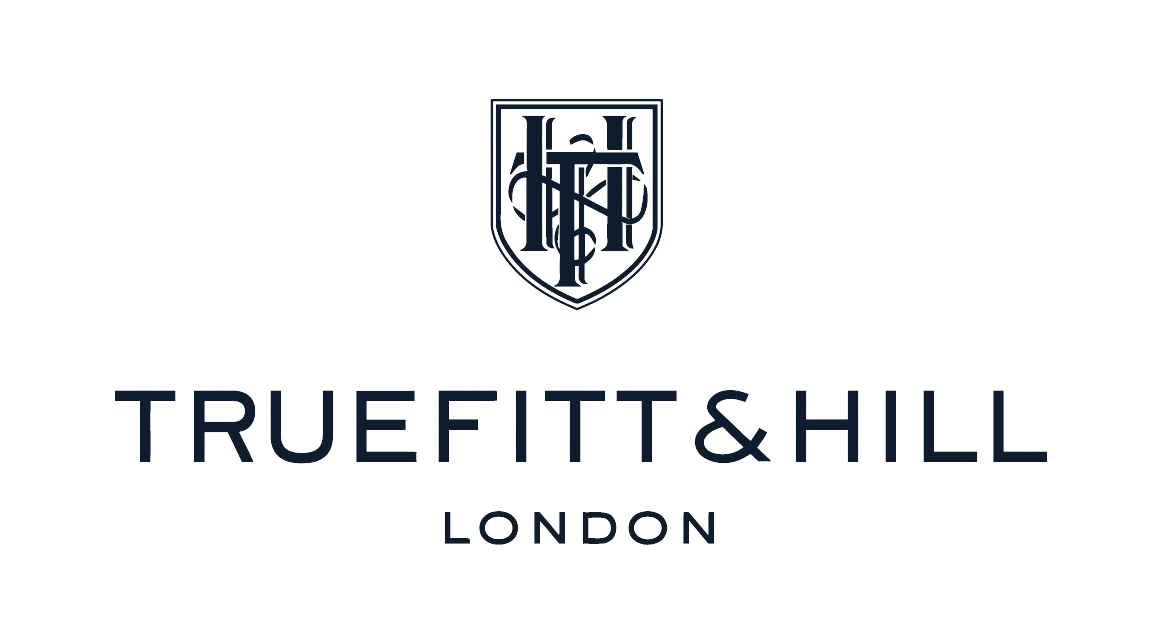
 Bangladesh
Bangladesh
 1805
1805 GRAFTON
GRAFTON SANDALWOOD
SANDALWOOD NO.10
NO.10 TRAFALGAR
TRAFALGAR WEST INDIAN LIMES
WEST INDIAN LIMES ULTIMATE COMFORT
ULTIMATE COMFORT APSLEY
APSLEY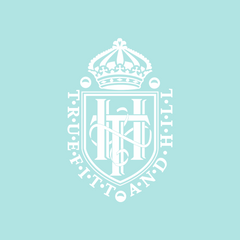 MAYFAIR
MAYFAIR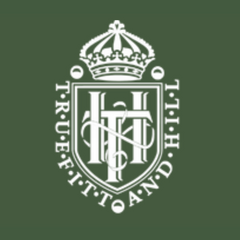 HIGHGROVE
HIGHGROVE Cream & Soap
Cream & Soap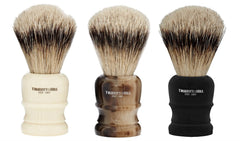 Shaving Brushes
Shaving Brushes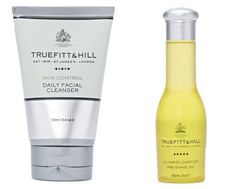 Pre-shave
Pre-shave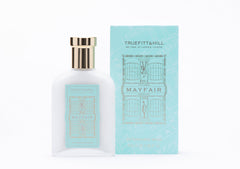 Aftershave Balm
Aftershave Balm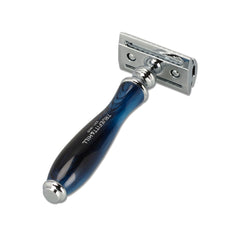 Razors
Razors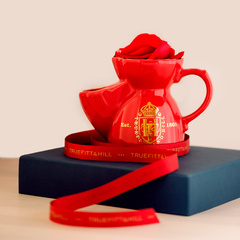 Stands & Mugs
Stands & Mugs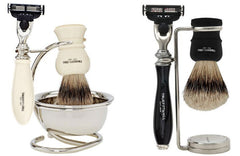 Sets
Sets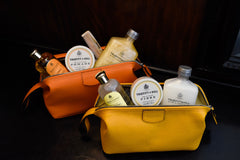 Bags
Bags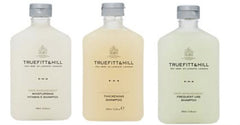 Shampoo
Shampoo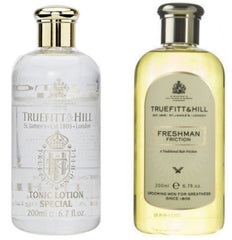 Tonic & Frictions
Tonic & Frictions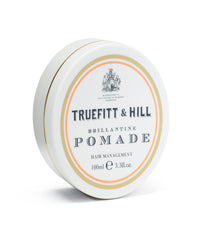 Styling
Styling Combs & Brushes
Combs & Brushes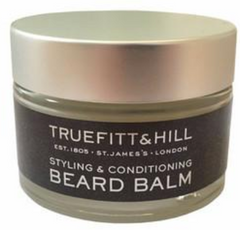 Beard
Beard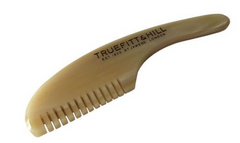 Moustache
Moustache Bath Soap
Bath Soap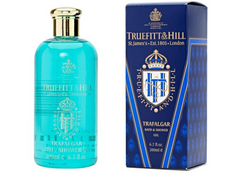 Shower Gel
Shower Gel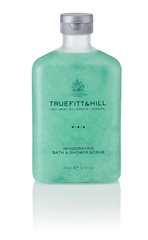 Scrub & Cleanser
Scrub & Cleanser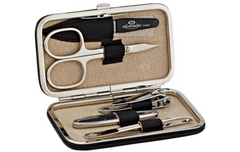 Manicure Sets
Manicure Sets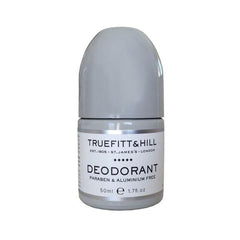 Deodorant
Deodorant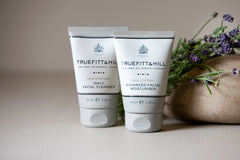 Skincare
Skincare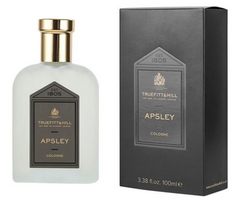 Cologne
Cologne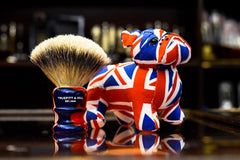 The Jubilee Collection
The Jubilee Collection E-Gift Cards
E-Gift Cards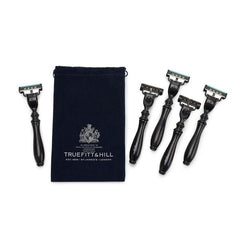 $75 and under
$75 and under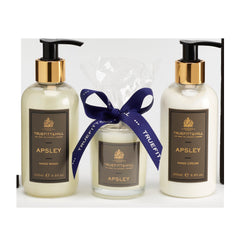 $120 and under
$120 and under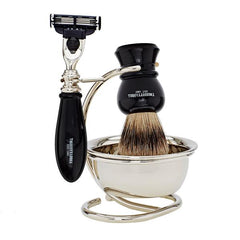 $120 and over
$120 and over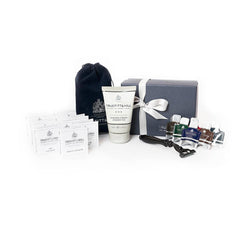 Gift Sets & Bundles
Gift Sets & Bundles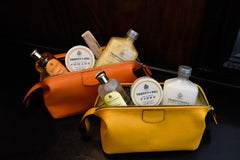 Grooming Accessories
Grooming Accessories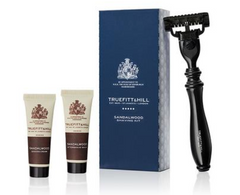 Travel
Travel